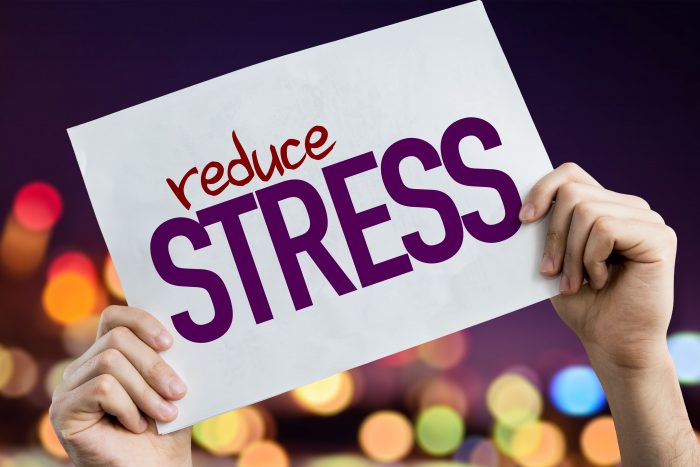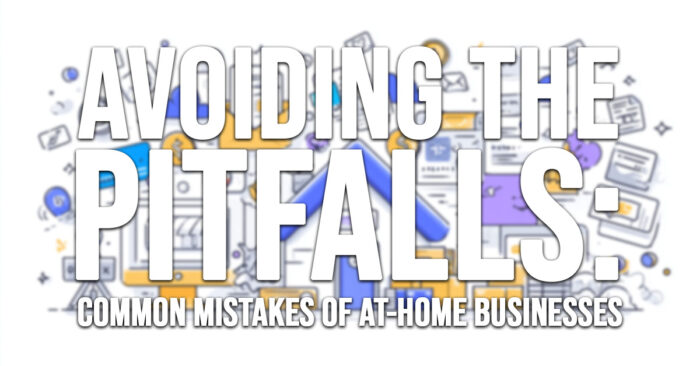National Stress Awareness Day November 7th

Improve upon your stress care routine!
We often talk about physical illness. We discuss the health conditions of our family and friends when they are not doing well. If we are sick, we are comfortable talking to others about our symptoms.
Why is it, then, that there is a taboo on mental health? Typically, we keep the state of our mental health where it starts–in our minds.
In reality, though, the health of our brain affects every aspect of our lives. The World Health Organization defines mental health as “a state of well-being in which every individual realizes his or her potential, can cope with the normal stresses of life, can work productively and fruitfully, and is able to contribute to her or his community.”
Good health does not just relate to physical health; our mental state of mind plays a huge role in overall health. Stress, in particular, can have a huge impact on our well-being.
We all want to be healthy; physically and mentally. Become aware of your own response to stress and discover new coping mechanisms to nurture your mind and promote a better general well-being.
What exactly is stress?
The website health24.com defines stress like this: “Stress is the physiological, psychological, emotional and behavioral response of a person seeking to adapt and adjust to internal and external pressures or demands.” In other words, stress is your body’s response to external demands. It is the feeling that comes with being under pressure.
How do we respond to stress?
Everybody responds differently. For some people, stress is much more difficult to cope with than others. As a result, there are both positive and negative ways people use to cope with stress. Also, we respond to stress both physically and mentally. For some people, the brain responds to anxiety in a way that leads to anxiety disorders.
What is the body’s response to stress?
Believe it or not, our mentality affects our physical body. According to Medical News Today, the physical response to stress includes “sweating, pain in the back or chest, cramps or muscle spasms, fainting, headaches, heart disease, high blood pressure, lower immunity against diseases, muscular aches, nervous twitches, pins and needles, sleeping difficulties, stomach upset.” Without the proper care of your stress, your body can suffer.
What is the mind’s response to stress?
Medical News Today states how stress affects us emotionally: “anger, anxiety, burnout, concentration issues, depression, fatigue, a feeling of insecurity, forgetfulness, irritability, nail-biting, restlessness, sadness.”
What are positive and negative coping mechanisms?
Examples of positive coping mechanisms are exercise, proper diet, meditation, and deep breathing. Examples of negative coping mechanisms are overeating, oversleeping, excessive consumption of alcohol, withdrawing from friends/family.
What is a stressor?
Stressors are the specific things that trigger stress. This is a list of the types of stressors: change, emotional, family, environmental, work, emotional, decision, physical, pain, and more.
How do we identify stressors?
Know your body’s response to stress. For example, your heart may start beating rapidly, or your chest might get tight when you are experiencing stress. At the first indication from your body that you are experiencing stress, identify exactly what caused that feeling. For example, if you feel overwhelmed by your workload, you may start to feel stressed.
Knowing your stressors is the first step to taking control of the stress in your life. Knowing what causes stress and how it impacts our body and mind can help us begin to reverse the control stress has over our well-being.
Be mindful of using stress-care techniques.
- Change your perspective. Remind yourself that there are things you simply cannot control. The things that you can control will unravel the way they are supposed to over time. In this moment, what can you do? If the answer is nothing, take a deep breath. As you exhale, imagine you are releasing the stress you feel.
- Be mindful of the way stress is affecting your health. If you know there is a serious impact on your health, make a conscious effort to work through the stress.
- Take care of yourself. Nurture yourself. You deserve to have a balanced general well-being. To nurture yourself, you can take yourself away from the stressors. Take a bubble bath. Take a day to spoil yourself. Remind yourself how valuable you are.
- Have patience with the outcome of your life. There is no sense in getting worked up over a problem that cannot be solved until tomorrow.
- Remind yourself of your past accomplishments. You have made it so far from where you started. You have successfully conquered task after task, and whatever is demanding your time and efforts now will also be conquered.
- Don’t forget how capable you are.
- Give yourself a pep-talk.
- Your brain responds to your thoughts. If you allow an aspect of your life that is causing stress to control your thoughts, you can begin to damage a part of your brain which affects your mental health. Using positive thoughts in response to a stressful situation will protect your brain and your health.
- For example: Say your car breaks down and it’s going to cost you $1,000 to fix it. When this happens, it can be easy to send our thoughts into a downward spiral: “I’m never going to get out of this rut.” “Everything is ruined now.” Etc. Instead, tell yourself “it’s a good thing I am getting my car fixed now.” Or “I am grateful that I have a car to drive,” or, “I will get through this.”
Talk to your physician about your needs regarding your stress levels.
Do you have questions about your insurance? Find an insurance agent near you with our Agent Finder
Search All Blogs
Search All Blogs
Read More Blogs
From Edsel to Yugo: Three Automotive Flops That Made History
The biggest blunders in automotive history.
Stay or Go? Why Improving Your Current Home Might Be Your Best Move Yet
Love your home, don’t leave it! Discover why improving beats moving.
The Unforgettable Eight: Women Who Captured Our Hearts
Meet the eight women who are loved by all.
Elevate Your Enterprise: 11 Smart Ways to Boost Business Professionalism
Boost your business’s professionalism without breaking the bank.
Lightening the Load: A Guide to Decluttering for Your Loved Ones
Declutter for peace of mind, yours and theirs.
Smart Car Buying: Beyond the Sticker Price
Unlock the hidden costs of car ownership.
6 Simple Steps to Supercharge Your Home Security
Simple, affordable ways to protect your home.
Beyond Boredom: Unearthing the Surprising Stories Behind Our Favorite Board Games
Game night secrets revealed! Discover the surprising origins and quirky facts behind your beloved board games.
Avoiding the Pitfalls: Common Mistakes of At-Home Businesses
Launch your home business right! Learn to avoid the common errors that can derail your entrepreneurial dreams.
Your Life Insurance Recipe: Crafting the Perfect Blend for Your Family’s Future
Find your perfect life insurance mix: Learn how to blend term and permanent policies for optimal family protection.










